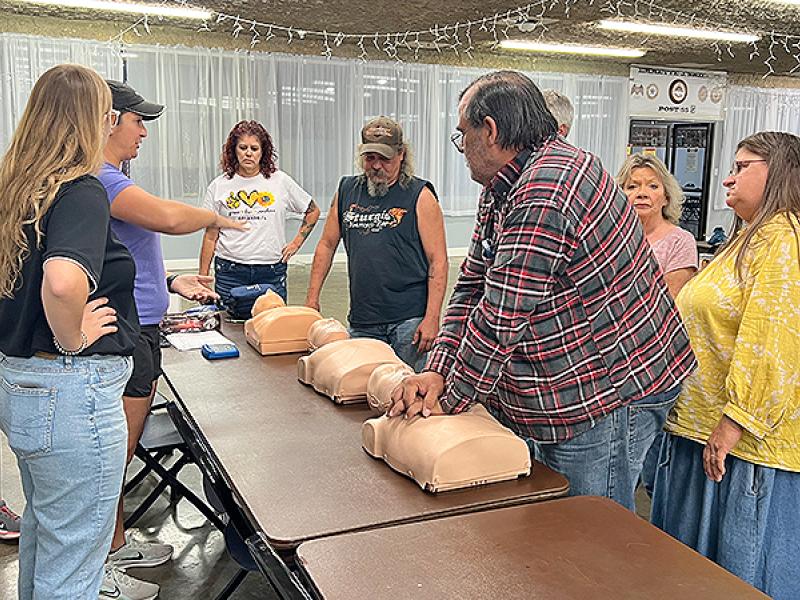
The Rural Health Research Center at the MU School of Medicine is teaming up with researchers from Washington University to host a day-long event that will engage leaders from public health, health care, community organizations and academia about the use of digital interventions to promote positive health behaviors in rural areas.
The goal of the symposium is to discuss new and existing collaborative research opportunities that aim to prevent and address chronic disease through nutrition and exercise. The panels and discussions will focus on the development of clinic-community partnerships, identifying and disseminating innovative digital health interventions and leveraging existing community organizations and academic networks to improve health outcome for rural Missourians.
Jing Li, MD, DrPH, MS, an associate professor in the Washington University School of Medicine, is a co-chair of the symposium.
“There is growing evidence that digital interventions can successfully affect meaningful changes in health-related behavior,” Li said. “However, the majority of qualitative and quantitative research has been conducted in urban and suburban settings. It is essential to understand the adoption and implementation of digital health interventions within rural communities.”
In Missouri and across the nation, rural residents have poorer health outcomes than people who live in urban and suburban areas. Rural-urban health disparities are attributed to several factors, including health care access, economic opportunity, rates of smoking, physical inactivity and nutrition.
Kevin Everett, PhD is an associate professor of Family and Community Medicine and co-director of the Rural Health Research Center. He’s also co-chairing the event.
“This symposium offers a great opportunity for knowledge exchange between researchers and rural stakeholders,” Everett said. “My hope is the networking and exchange of ideas at this meeting leads to future collaboration and research to improve health and quality of life in rural communities.”
This event is sponsored by the Center for Dissemination and Implementation at the Washington University Institute for Public Health.





